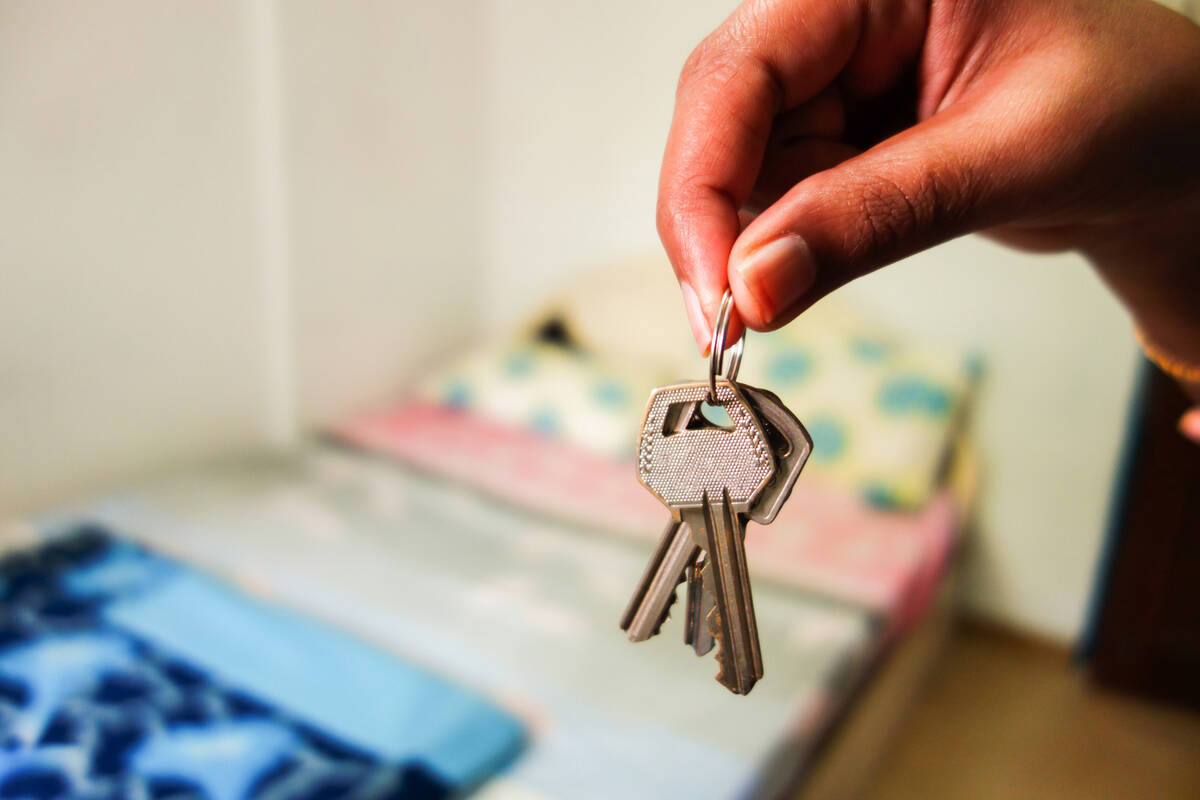More baby boomers opting to rent out spare room
Dear Savvy Senior: I saw a news segment on television a few months ago about home sharing programs for seniors and would like to learn more. I’m 68, divorced, and am interested in renting out a room in my house to help make ends meet. What can you tell me? — Interested Boomer
Dear Boomer: Because of inflation and rising housing costs a growing number of baby boomers are opting to rent out a spare room in their house as a way to generate some extra income, and for some, increase companionship. To find a good fit, older homeowners often turn to “home sharing programs” that will match an empty nester with someone needing affordable housing.
But be aware that home sharing isn’t for everyone. You need to carefully consider the pros and cons of renting out a spare room in your house and make a list of what you want and don’t want in a housemate/renter.
To help you figure all this out, a good resource is SharingHousing.com, a website dedicated to understanding the home sharing concept. They offer various articles, online lessons and resource books that can help you determine if this is a good option for you, and if so, how to find and choose a good housemate.
Home sharing tools
If you decide to proceed in finding a housemate/renter, a good first step is to seek out a home sharing program in your area.
Home sharing programs, usually nonprofits, screen both homeowners and renters. They check references, handle background checks and consider lifestyle criteria when making matches. They can also help you with the leasing agreement that the renter would sign that covers detailed issues like smoking, pets, chores, overnight guests, use of common rooms, quiet hours, etc.
Most home sharing programs are free to use or request a small donation. Others, however, may charge the homeowner and potential renter a fee for this service. To look for a home sharing program in your area visit the National Shared Housing Resource Center website at NationalSharedHousing.org.
If you don’t find a program that serves your area, you can also search for housemates through an online home sharing service like Silvernest.com. Or, if you’d rather have a younger housemate that can help out with some household chores, consider Nesterly.com. This is an online home sharing agency, available in a few select communities, that matches young renters with older adults looking to supplement their incomes and share their space.
If you don’t have any luck with any of these home sharing sites, put a call in to your Area Aging Agency (call 800-677-1116 for contact information) who may be able to offer assistance or refer you to local agencies or nonprofit organizations that offer shared housing help.
You can also check with your local senior or community center, or local church you attend to see if you can post an ad on their bulletin board or in their newsletter. Or you can advertise in your local newspaper or online at sites like CraigsList.org or RoomMates.com.
If you find someone on your own that you’re interested in renting to, ask the prospective renter to fill out a rental application (see RentalLeaseAgreement.org to download and print one for free) and run a tenant screening and background check, and then call their references. Tenant screening/background checks can be done at sites like E-renter.com or MySmartMove.com.
Send your senior questions to: Savvy Senior, P.O. Box 5443, Norman, OK 73070, or visit SavvySenior.org.


















